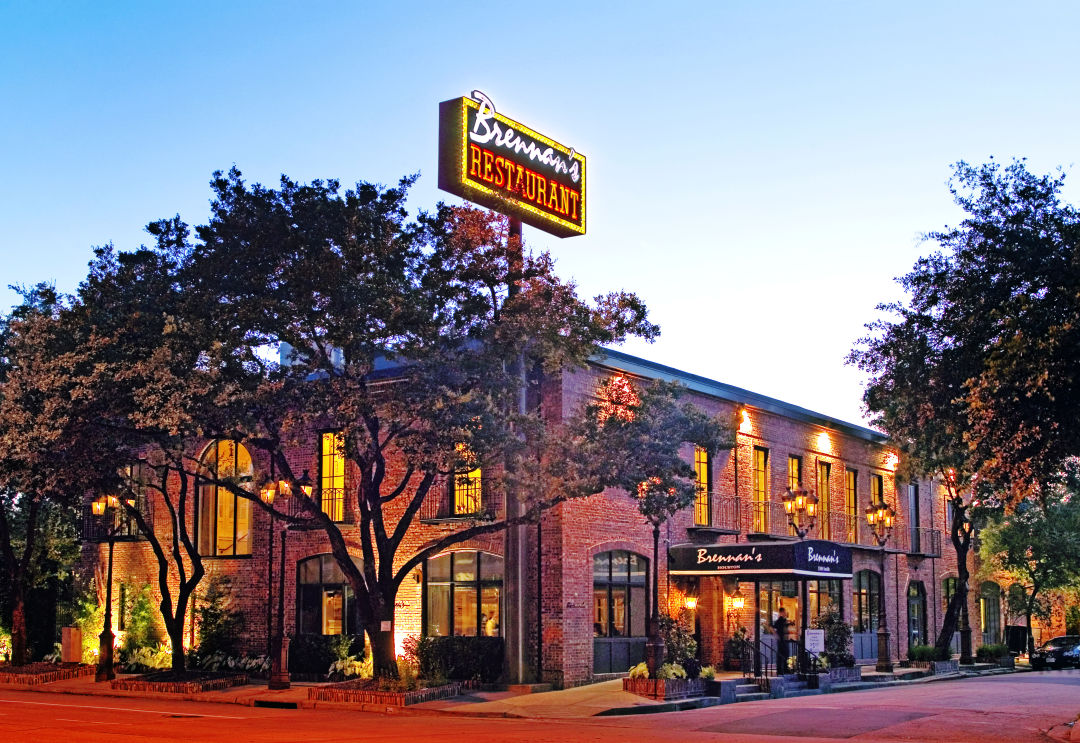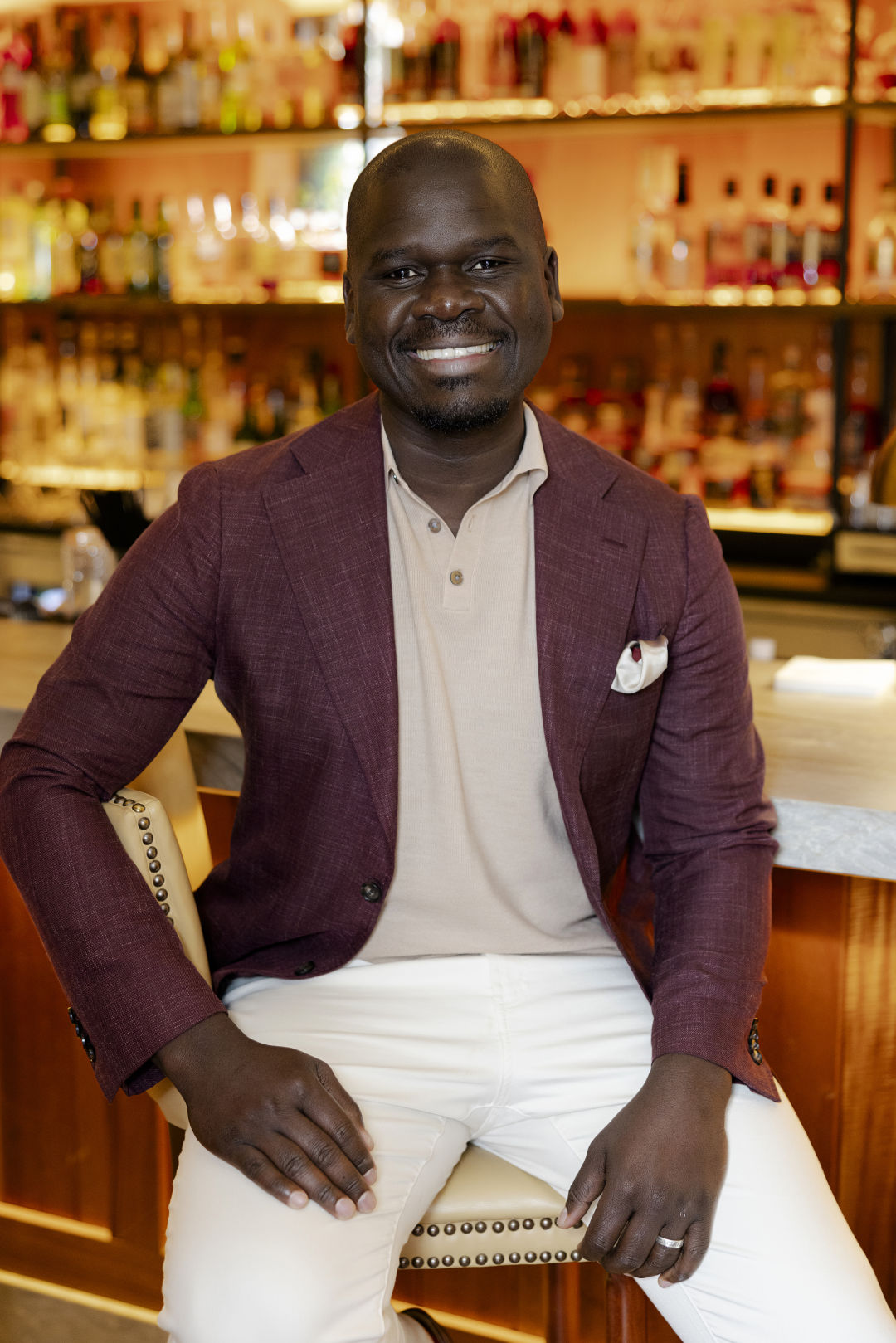Inside Houston’s Restaurants That Put Employees First

Economic uncertainty has plagued Houston’s restaurant industry since the COVID-19 pandemic. Inflation and tariffs have only compounded the strain, leading to a new wave of restaurant closures, lagging morale, and questions about how to support staff, including how to maintain essential benefits like health care, 401(k) plans, and livable wages. Restaurateurs are saying discussions surrounding how to help their employees are more critical than ever.
According to the James Beard Foundation’s 2025 Independent Restaurant Industry report, hiring and rising costs are the top concerns for restaurateurs. And a separate study from Workforce Solutions reveals that in July, Houston’s leisure and hospitality industry lost 600 jobs—most in food and accommodation services—making it the city’s sixth-largest declining sector. With more restaurant closings and a struggling industry, the number of people who are unemployed and looking for jobs could rise, and restaurant owners are seeking ways to retain and mentor their staff for the long term.
“From the industry itself, I think it starts with us,” says Cherif Mbodji, partner and director of operations at Bludorn and its sister restaurants, Bar Bludorn and Navy Blue. “We come up with ways to take care of our teams. It’s not just something that is a retention thing; it’s more of a right and responsible thing to do.”
Mbodji says it’s essential to support employees, both professionally and emotionally, particularly during challenging times. Bludorn, which opened in 2020 at the height of the pandemic, has made health care a priority since its inception, and its commitment to employees has only grown over the years. Benefits now include 401(k) options and a health benefits savings account that lets employees put unused funds toward purchases such as a car or a home.

At Brennan’s of Houston in Midtown, co-propietor Alex Brennan-Martin says health insurance has been offered at his family’s restaurant for as long as he can remember. The Creole restaurant also provides a retirement plan, paid vacations, and time off for employees, even for those who work off tips. All employees also receive a week of paid vacation early on and can work their way up to four weeks. Brennan-Martin estimates that about 35 to 40 percent of the restaurant’s staff is already at that level. “You’ve got to be a good place to work, and you’ve got to be a place where people feel respected,” Brennan-Martin says.
H-Town Restaurant Group, which operates James Beard Award–winning chef Hugo Ortega’s restaurants (Caracol, Xochi), offers similar benefits, with employees getting one week of paid time off after one year, and two weeks after working with the company for at least three years. Full-time staff who work 35 hours or more per week are eligible to enroll in the health insurance plan, says Tracy Vaught, the hospitality company’s co-owner.
Brennan-Martin adds that offering a competitive salary and living wages are crucial, especially as the cost of living continues to rise, and more restaurants are working toward this goal to retain staff. The Beard Foundation’s recent study revealed that 92 percent of its respondents (restaurant owners and professionals) increased staff wages in 2024, with a majority reporting that they boosted pay by more than 10 percent. “You’ve got to make sure that you have enough resources, so that when the slow times come, you can pay the staff,” he says. “I think staff being able to believe that no matter how tough the situation is, their checks are going to clear…to me, that’s kind of at the top of my list.”
When Street to Kitchen first opened its doors at its original location, co-owner Graham Painter and James Beard Award-winning Chef G (Benchawan Jabthong Painter) implemented a 22 percent service charge to provide livable wages and benefits for its front-of-house staff. Backlash from diners ensued, with people expressing concerns about unfairness and decreased service quality. The New York Times eventually reported on Street to Kitchen’s policy, pointing to restaurants that used similar means to provide higher pay and benefits. Now, with a larger location in the East End and even more success following Chef G’s Beard win, Graham says they no longer have to rely on service charges and have discontinued the fee.
Flexible working hours for employees, who often have outside responsibilities and families, also seem to be a draw. Although some hours are nonnegotiable, H-Town Restaurant Group strives to maintain a work-life balance for its team, which includes employees covering shifts for their colleagues when important events or emergencies arise.
Local hospitality groups have also been working to provide engaging and educational experiences for staff, along with opportunities for career advancement and growth. Bludorn’s sommeliers have a chance to travel abroad on an all-expenses-paid trip to a French winery to learn about wine culture. H-Town Restaurant Group similarly sends its sommeliers to wineries in Baja California.
“People just want to know that you’re thinking about them, thinking about their well-being, and working on giving them the environment where they can feel safe and thrive,” says Mbodji, who adds that Bludorn also requires six-month employee evaluations. It’s an opportunity to help create clear paths for employees, enabling them to reach their full potential and achieve their personal goals.

Turns out, this helps employees stick around. Establishments that offer career advancements are 3.5 times more likely to retain talent and 1.2 times more likely to find staff to hire, according to the Beard study. “When you have people who are trained and ready, when the opportunity comes, you can promote them and support them,” Vaught says. “That’s how you keep the team strong. Hire people who have a thirst for learning.”
Knowing this, Brennan-Martin is considering re-implementing a program at his restaurant that once catered to staff enrolled in school—those who received As and Bs would be paid a certain amount of dollars per credit hour.
Though most leaders in the industry say that some of the best education comes from working in the restaurants themselves. Hugo Ortega is a prime example. The acclaimed chef began as a dishwasher and busboy at Backstreet Café before advancing to executive chef and co-owner of five Houston restaurants, including Backstreet and his namesake, Hugo’s.

Image: Courtesy of Lorenzo Tassone
Chef Jose Arevalo, who has worked at Brennan’s for nearly 40 years, is another. Arevalo, who moved from El Salvador to the United States in 1982, started as a dishwasher at Brennan’s. Eager to learn, he spent years bugging the kitchen staff with questions until he finally mastered the ropes himself, earning his chef title and helping future culinary professionals, including Beard Award–winning chef Chris Shepherd at the start of his fine-dining career.
For some employees, the most basic benefit comes down to appreciation and respect. At H-Town Group, Vaught says they’ve recently shown staff appreciation in the form of champagne-fueled celebrations with thoughtful speeches to acknowledge career milestones. Staff also receive special coins as keepsakes, offered in colors that correspond with the number of years they’ve worked with the company.
The restaurant industry may be struggling, but Houston chefs and owners remain fully committed to creating a work environment that’s both inviting and safe. “Hospitality starts from within,” Mbodji says. “[It] is extended to people who are the closest to you before it gets to the people who are further from you.”




